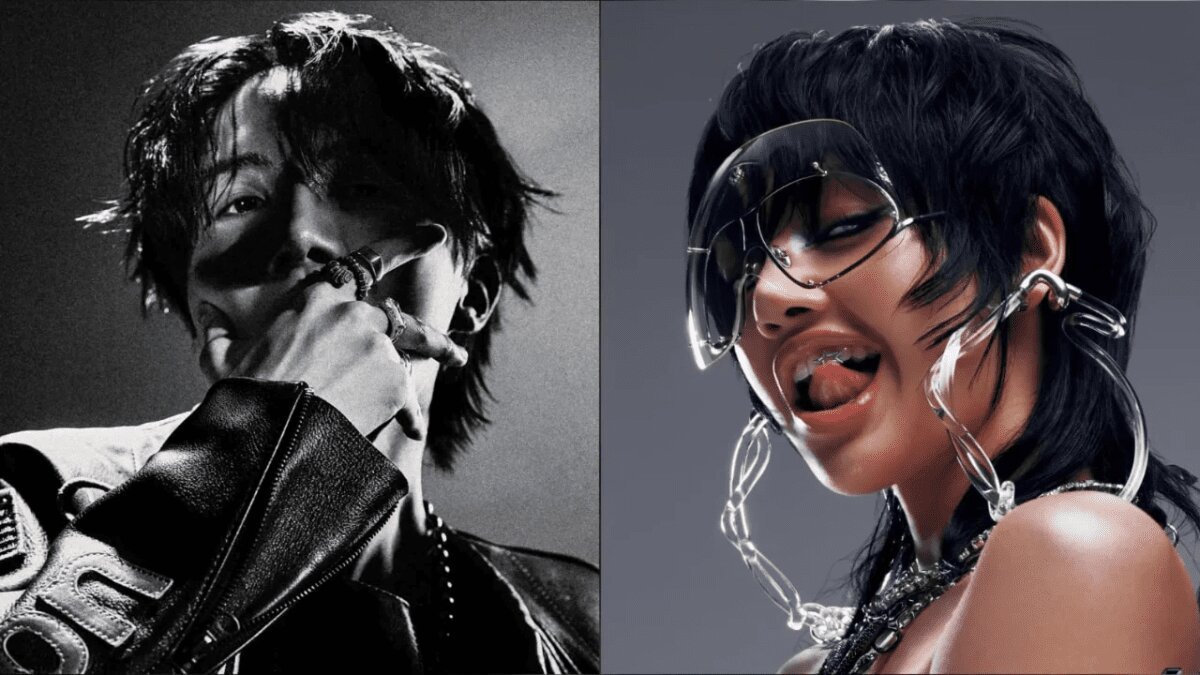On June 13, BTS member J-Hope released his long-awaited solo single Killin’ It Girl, featuring American rapper GloRilla. The track arrived with a bold and stylish music video that instantly sparked excitement worldwide. Filled with vibrant set designs, eye-catching choreography, and striking fashion choices, the visual presentation of the video quickly caught the attention of fans and critics alike.
However, alongside the buzz and praise, a controversy began to emerge online. Not long after the video premiered, some viewers began comparing its visuals to BLACKPINK Lisa’s June 2024 solo release ROCKSTAR. On social media, users pointed out apparent similarities in style, including the use of star-shaped outfits, flashy urban backdrops, and specific camera angles during dance sequences.
As these comparisons spread, a portion of online critics began accusing J-Hope of copying Lisa’s concept, with some even dubbing his song “Copystar” as a jab. The debate centered around whether Killin’ It Girl borrowed too heavily from ROCKSTAR, and whether it lacked originality in its visual storytelling.
In response to the allegations, J-Hope’s loyal fanbase, ARMY, quickly came to his defense. Supporters argued that the visual elements in question—like stars, edgy costumes, and neon-lit sets—are common across many pop music videos and aren’t exclusive to any one artist. They also highlighted J-Hope’s established track record as a creative force, noting his history of original work and unique artistic vision.
The plagiarism claims surfaced during a particularly busy and successful phase in J-Hope’s solo career. Since the beginning of 2025, he has been steadily building his individual brand with multiple music releases and a large-scale world tour. Earlier in the year, he released MONA LISA and later teamed up with Miguel for the smooth, dreamy track Sweet Dreams.
With Killin’ It Girl, J-Hope delivers a confident, high-energy anthem that blends his signature style with GloRilla’s raw edge. The single showcases a mix of strong beats, bold visuals, and a message of self-assurance. As of now, neither J-Hope nor his label, BIGHIT MUSIC, has made an official statement regarding the controversy.


